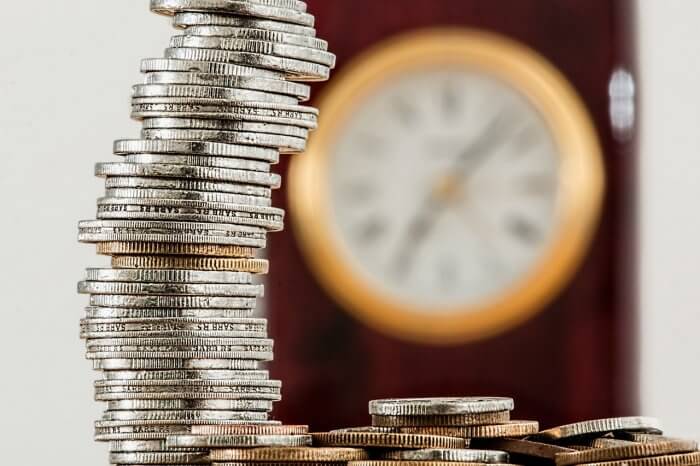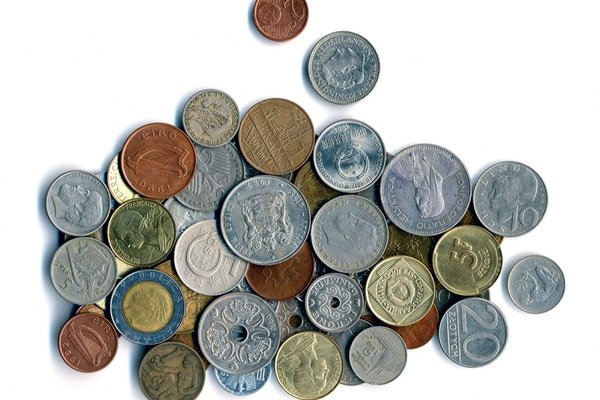
Coin collecting is an understated hobby, so much so that not many people are aware of its potential. As its name suggests, it necessarily entails searching for rare, old coins from particular periods of history and completing their respective sets. It is a sophisticated hobby that you can delve into for fun or as a financial investment.
If you are interested in selecting this hobby, remember that handling anything old, expensive, and sometimes prone to damage would require you to be particularly careful. For instance, artworks require specific primers, temperature conditions, and cleaning methods to ensure their longevity. Likewise, you will need to use the appropriate coin collecting supplies to preserve your coins.
Moreover, collecting coins necessitates that you possess the appropriate knowledge on the subject matter. If you are willing to commit to these conditions, then it may be a good idea to start a coin collection. Here are some tips and tricks to help you along the way:
About Coins
Coins were some of the first representations of money and contributed to the creation of economy and non-material trade. Therefore, they have a special place in the world’s history. You can collect coins from as early as the 1700s, but some of the rarest gems come from the more recent 1900s era.
Like most artifact collections such as paintings and silver stamps, you can expect a good return on investment down the road with a substantial coin collection. That primarily has to do with their composition. Early coins consisted of gold, silver, and other precious metals, which significantly heightens their value. As the economy is usually favorable to the prices of these metals, you can almost guarantee that you can profit from a coin collection.
However, some enter the hobby purely for its enjoyment. It is not a simple nor easy pastime to get into, but interest is an excellent motivator. You may find that your fascination for coins tempts you enough to start collecting, while a passion for the world’s history may lead to an interest in coins. Although it is not the most affordable hobby in the world, you can still liquidate your collection in the future, regardless of whether or not your purpose is a financial investment.
Caring For Coins
Caring for a collection is crucial, especially when its environmental conditions can compromise its quality. Coins can accumulate dirt, scrapes on pristine edges, and can change shape. It is pertinent that your coins retain an excellent condition as its value can vary depending on how worn-out it has become.
You can rely on dedicated coin collecting supplies to ensure that your collection remains in good condition over time. A coin album is a lovely way to display both sides of a coin. You can purchase individual 20-pocket protective pages and bind them into a personalized album to keep your coins protected from elemental damage and oily hands.
To ensure further protection, you can stabilize your coins into a coin flip before putting them into protective pages. It will hold each coin together and offer space for you to write details that may be important for a quick reference. Snaps and tubes are also some great ways to store your coins while retaining their quality.
Remember that when handling coins, you should always wear a pair of gloves. Your fingers contain oils and acids that can compromise the perfectly-minted surfaces of uncirculated coins. Soft cotton gloves are a sustainable choice, but you can also opt for nitrile or powder-free latex ones.
Coin collecting requires you to be quite knowledgeable in history and coin grading, as these are essential skills that can help you determine whether a coin deserves a place in your collection or not. Read up on the history behind the coins that you are interested in and purchase reference books to educate yourself on coin grading. Consult with professionals when needed, and enjoy your hobby to the fullest.

